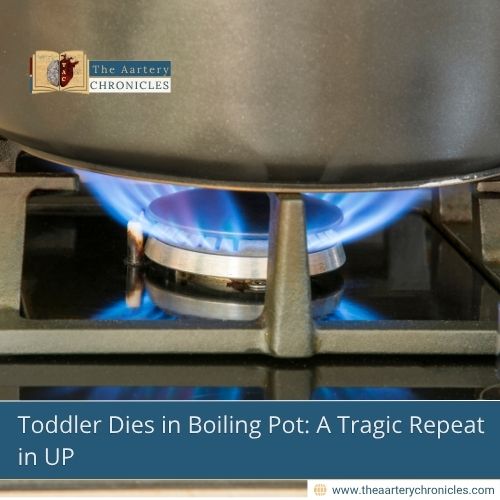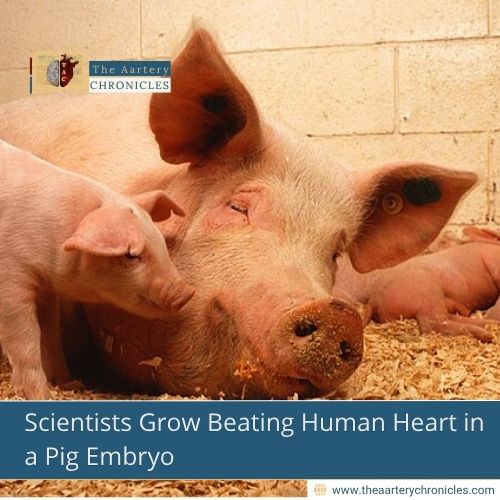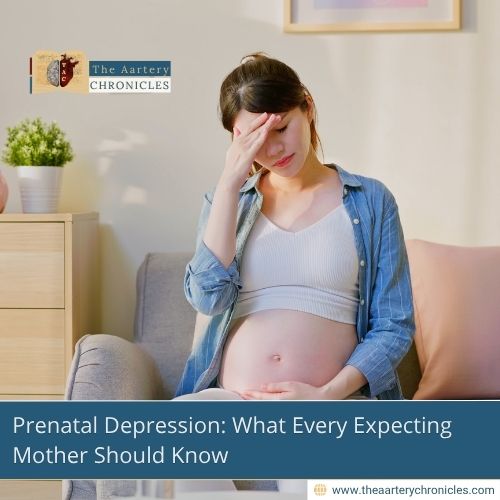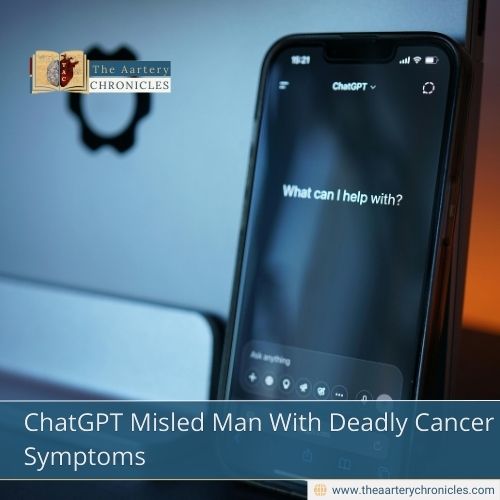
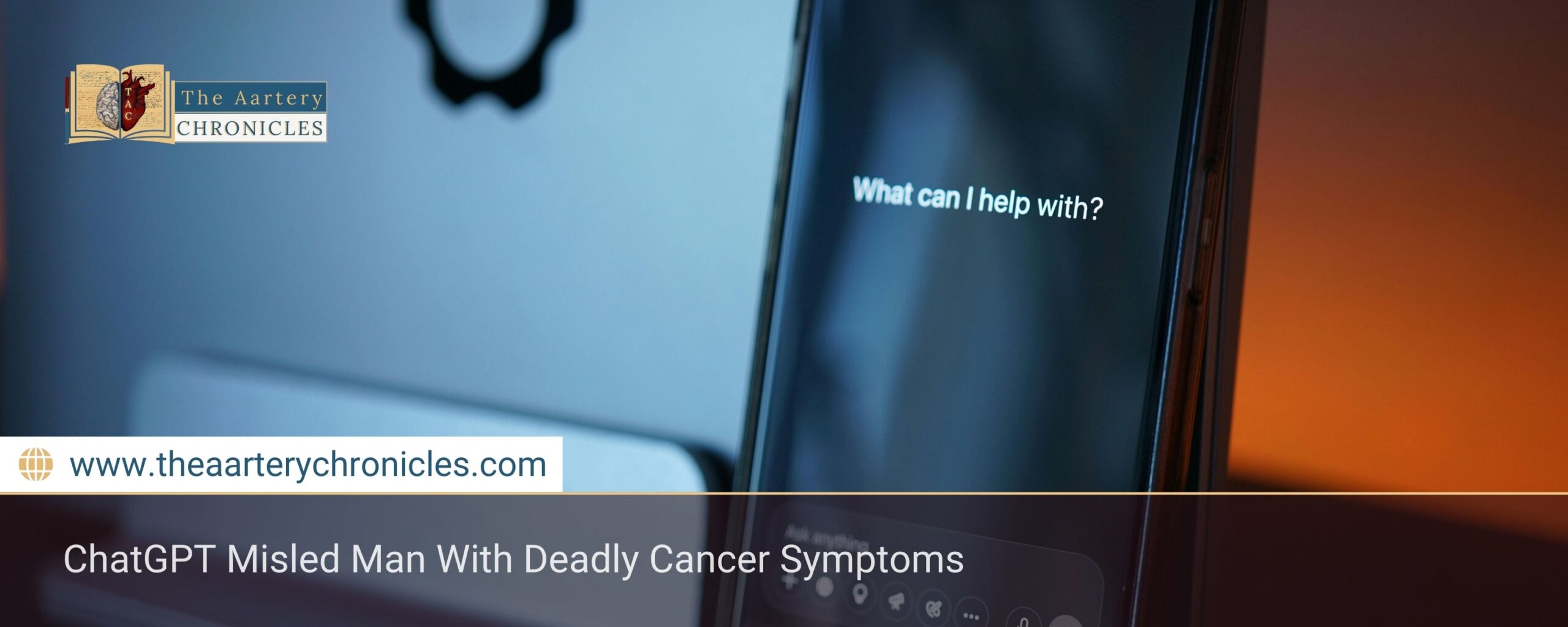
ChatGPT Misled Man With Deadly Cancer Symptoms
A 37-year-old father from County Kerry has issued a stark warning about the dangers of depending on ChatGPT’s health advice after being diagnosed with terminal cancer. Warren Tierney delayed seeking medical attention, trusting reassurances from the AI chatbot that his symptoms were not serious. Doctors later confirmed he has stage-four adenocarcinoma of the oesophagus, a type of throat cancer with a survival rate of only 5–10 per cent.
Early Symptoms Brushed Aside
Earlier this year, Warren began experiencing troubling symptoms, including difficulty swallowing fluids and feeling unwell. Instead of contacting his doctor, he turned to ChatGPT for guidance. The AI tool reassured him that nothing strongly indicated cancer. Wanting to focus on caring for his wife and children, Warren accepted the response and postponed visiting a clinic.
ChatGPT Reassurances vs. Medical Reality
When his symptoms worsened, Warren returned to ChatGPT for further reassurance. The chatbot responded with comforting messages, saying it would “walk with him through every result,” suggesting his symptoms still did not point clearly to cancer. However, when Warren eventually went to the emergency department, medical tests confirmed the devastating truth: he was suffering from advanced oesophageal cancer.
A Missed Window for Diagnosis
Doctors revealed that by the time Warren was checked, his cancer had already reached stage four. With late-stage oesophageal cancer, the five-year survival rate is only about 10 per cent. Warren now believes that depending on ChatGPT’s health advice may have delayed him from receiving an earlier diagnosis, which could have made a significant difference in treatment options.
Warren’s Warning to Others
Reflecting on his ordeal, Warren admitted:
“I think relying on ChatGPT probably cost me a couple of months. The AI tends to give you the answers you want to hear, but it’s not a substitute for real doctors.”
He now urges others to be cautious, stressing that artificial intelligence should not replace professional medical advice.
Conclusion
Warren’s story highlights the risks of relying too heavily on AI for medical guidance. While tools like ChatGPT can provide general information, they cannot replace timely consultations with qualified doctors. His experience serves as a reminder: when it comes to health, professional care is irreplaceable.
Source: Inputs from various media Sources
I’m a pharmacist with a strong background in health sciences. I hold a BSc from Delhi University and a pharmacy degree from PDM University. I write articles and daily health news while interviewing doctors to bring you the latest insights. In my free time, you’ll find me at the gym or lost in a sci-fi novel.
- Priya Bairagi
- Health News and Updates,People Forum
- 1 September 2025
- 22:00



